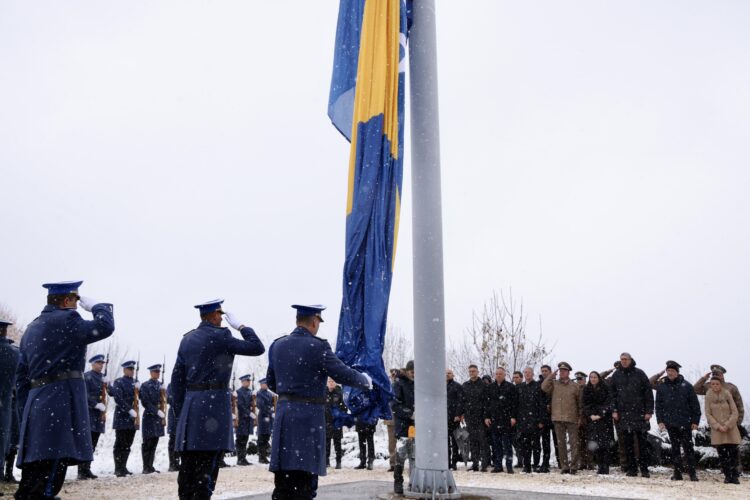
The flag of Bosnia and Herzegovina was raised on the hill Hum above Sarajevo, as numerous officials and citizens gathered downtown and laid flowers in front of the Eternal Flame on Saturday to mark BiH Statehood Day and pay their respects to the anti-fascists who defended and liberated the country from fascism.
On this day 80 years ago, the ZAVNOBiH antifascist liberation movement gathered in its first session in the western town of Mrkonjic Grad and passed a decision restoring the country's statehood within its historic borders, which is marked today as the Statehood Day of Bosnia and Herzegovina.
The ZAVNOBIH council, counting a total of 247 councillors from all parts of the country, issued a proclamation to the peoples of Bosnia and Herzegovina which said that “Bosnia and Herzegovina is an integral and indivisible state, neither Serbian nor Croatian or Muslim, but also Serbian and Muslim and Croatian, a twinned community in which full equality will be ensured for Muslims, Serbs and Croats, but also for all other peoples who live there.”
The significance of the session in Mrkonjic Grad lies in the fact that with these decisions, for the first time since 1463 when the country fell under Ottoman rule, Bosnia and Herzegovina restored its statehood. Owing to this, Bosnia and Herzegovina entered the future Socialist Federal Republic of Yugoslavia (SFRJ) as one of the six republics, equal to the others.
The ZAVNOBiH movement passed another important decision on July 1, 1944, adopting the Declaration on the Rights of Citizens in Bosnia and Herzegovina, which guaranteed freedom of religion, freedom of assembly and agreement, association and press, personal and property security of citizens, and freedom of private initiative in economic life, as well as equality between women and men.
While numerous gatherings are organized in Sarajevo and across the country’s Federation (FBiH) entity, it is not observed institutionally in the other semi-autonomous entity in the country, the Serb-majority Republika Srpska (RS). This year, the Banja Luka Police Department banned the public gathering announced by the Social Democratic Party (SDP) to mark the holiday, as well as the gathering organized by the Anti-Fascist Alliance of BiH (SUBNOR) in Mrkonjic Grad.
Among those to attend the gatherings in Sarajevo were the Chairman and Croat member of the BiH Presidency, Zeljko Komsic, and the Bosniak member, Denis Becirovic.
Komsic congratulated the citizens of BiH, noting that this is one of the two most important days of the year for the country. He went on to comment on the ban on the celebration of Statehood Day in the Mrkonjic Grad.
“Like every year, from the end of the war until today, it's always the same story when it comes to November 25 and March 1. Nothing is unexpected, no matter how much we look at it as a kind of political madness”, he said.
Komsic said that this is an example of “denial of Bosnia and Herzegovina”.
Becirovic also addressed the crowd.
“Sooner or later, new generations of politicians must take over in the whole of Bosnia and Herzegovina and steer this country firmly toward the future, respecting all the great events of our past. I want to point out that it is not true that BiH has no continuity, even the Dayton Agreement could not destroy the foundations of ZAVNOBiH because ZAVNOBiH recognized the historical borders of BiH, the Dayton Agreement confirmed them. ZAVNOBiH proclaimed the equality of all citizens and ethnicities, and this is also proclaimed in this Constitution. BiH has centuries of continuity and all of us from BiH, regardless of religious, ethnic or other affiliation, can be proud of our homeland BiH”, he said.

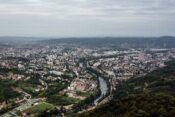

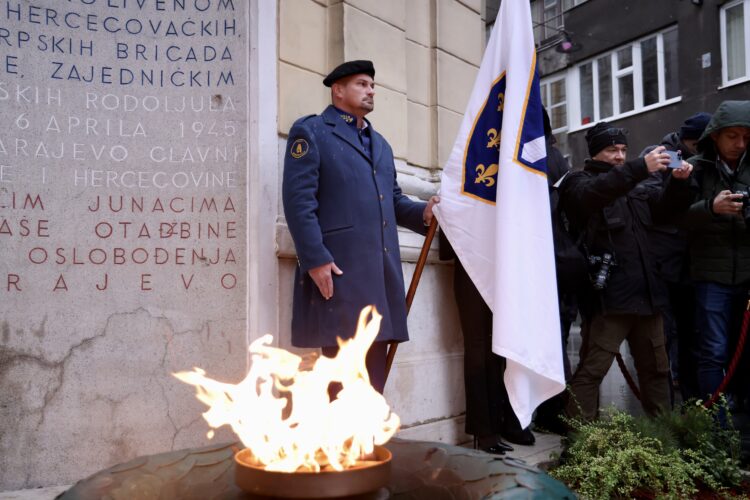
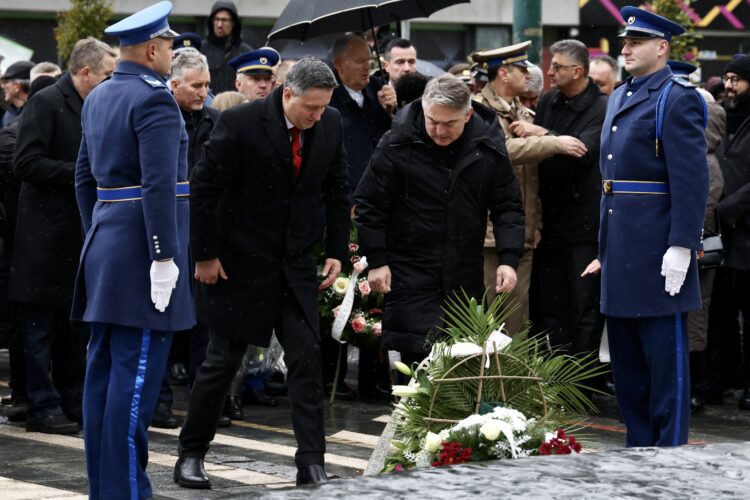
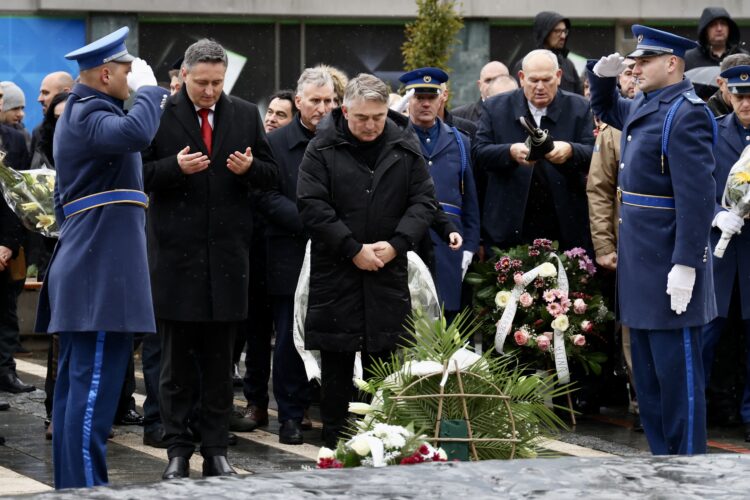
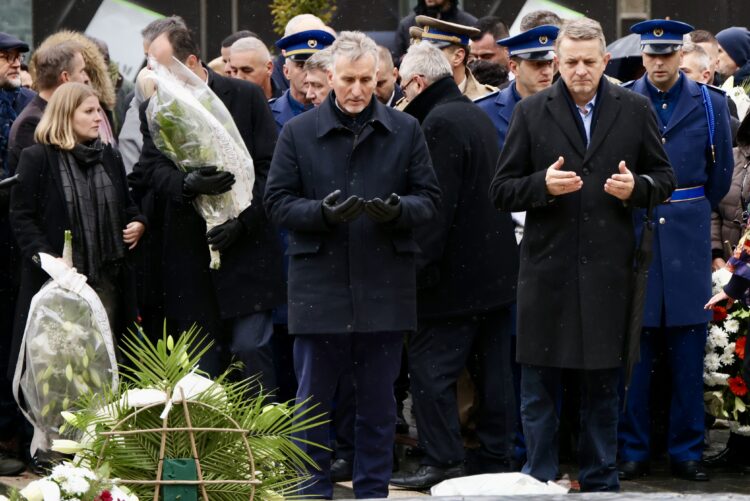
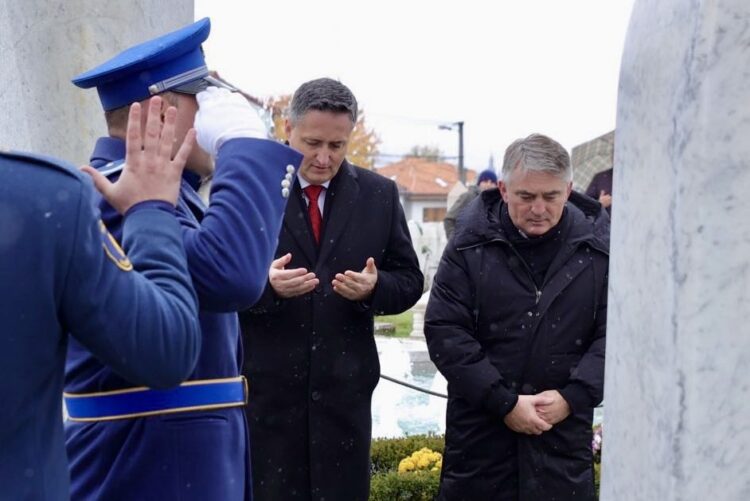
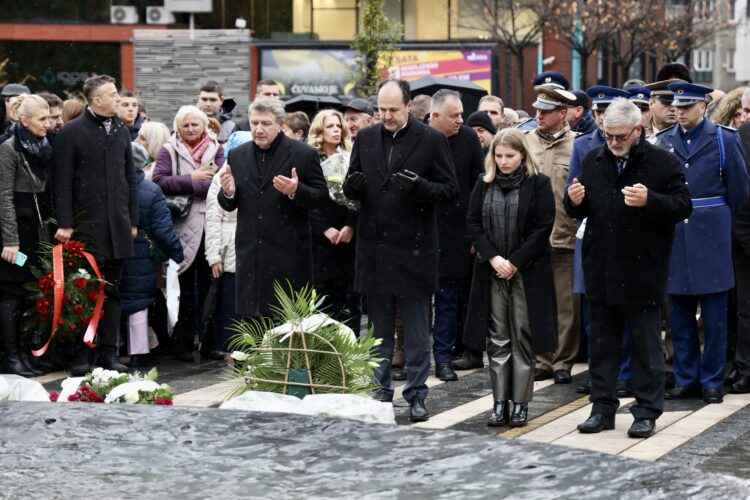
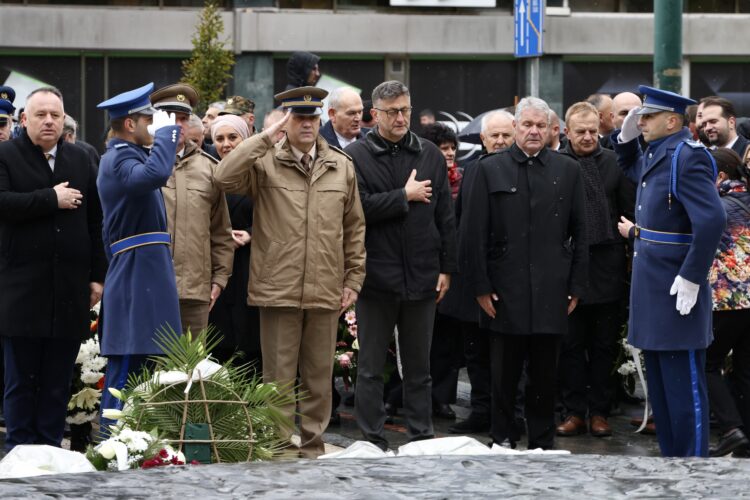
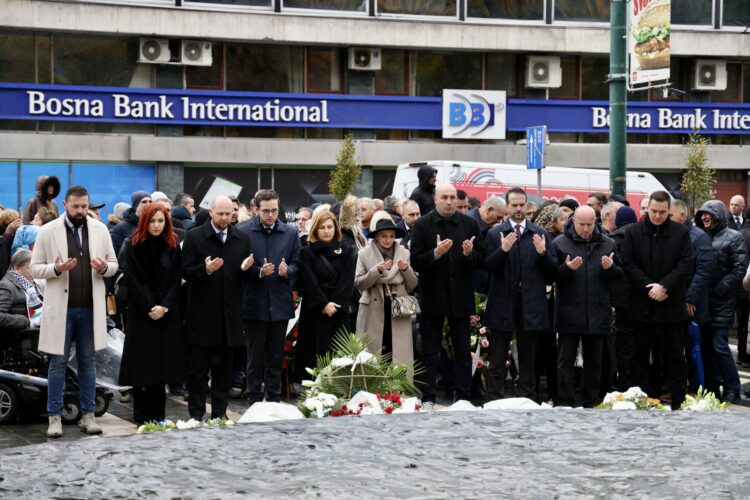
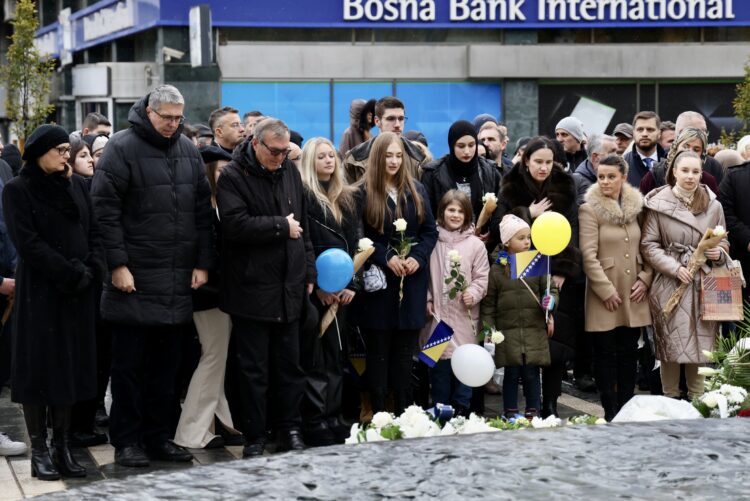
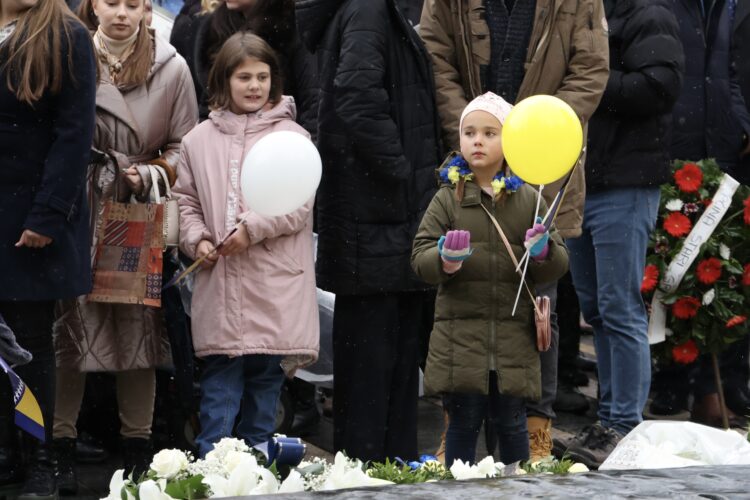
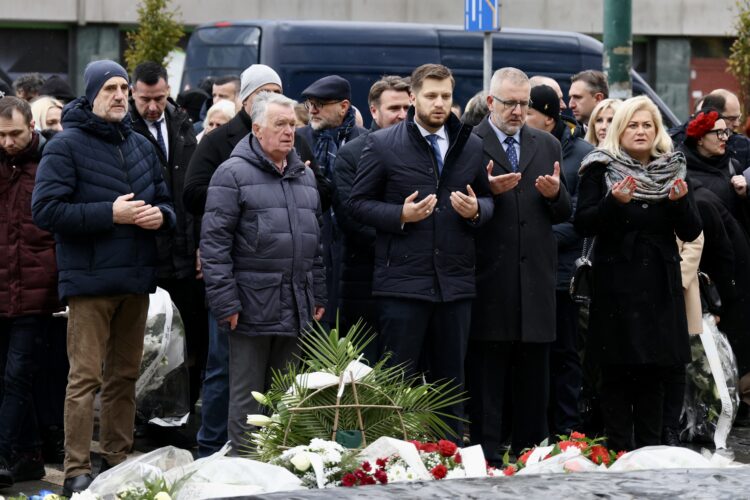
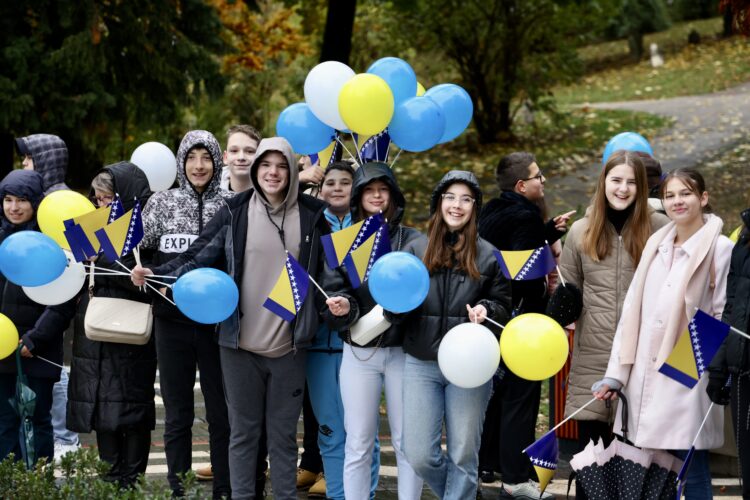
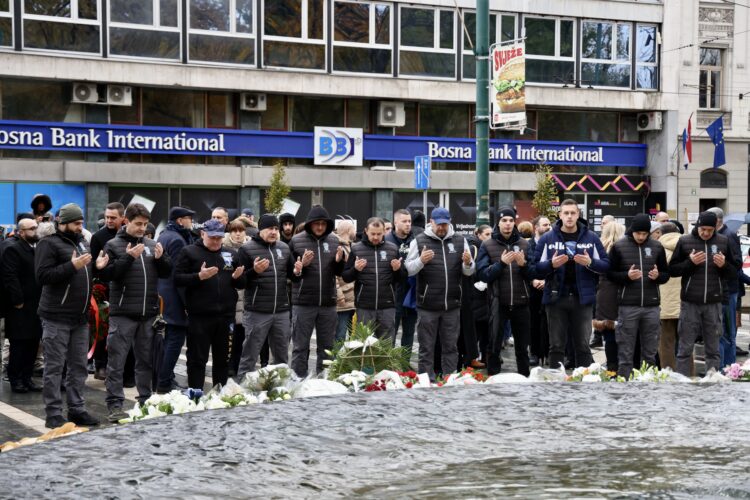
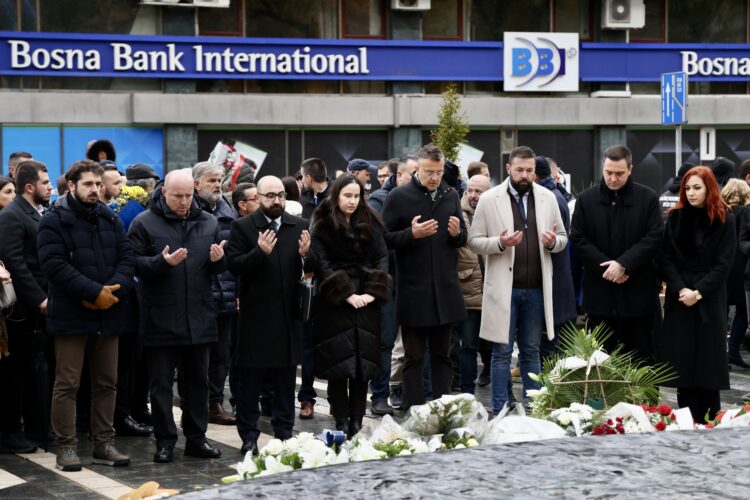
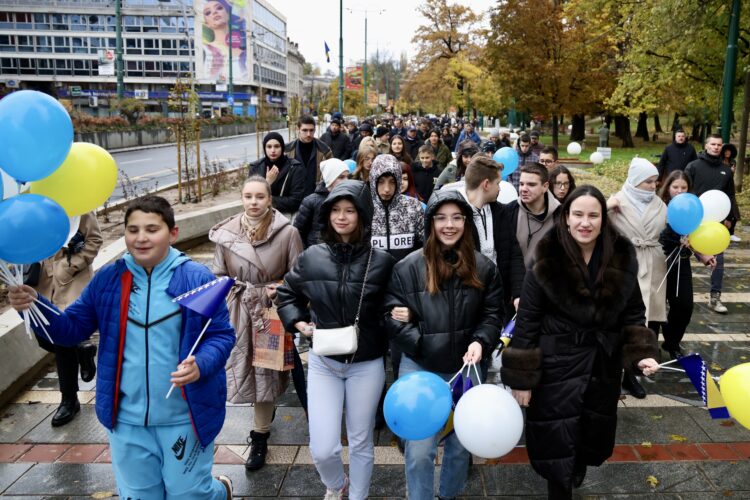
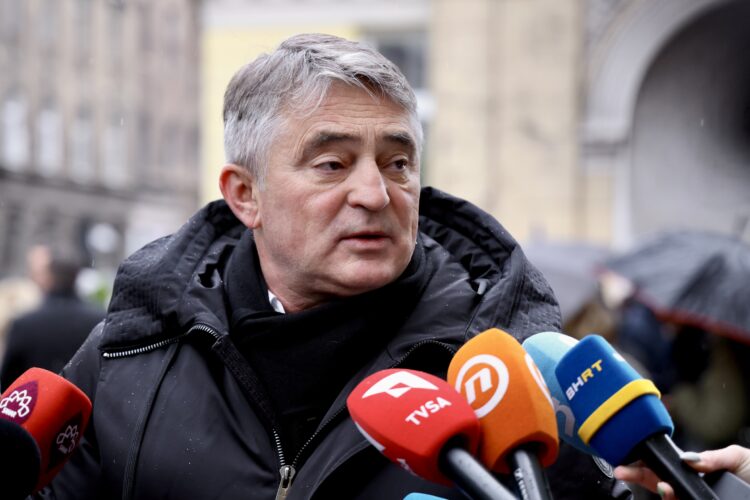
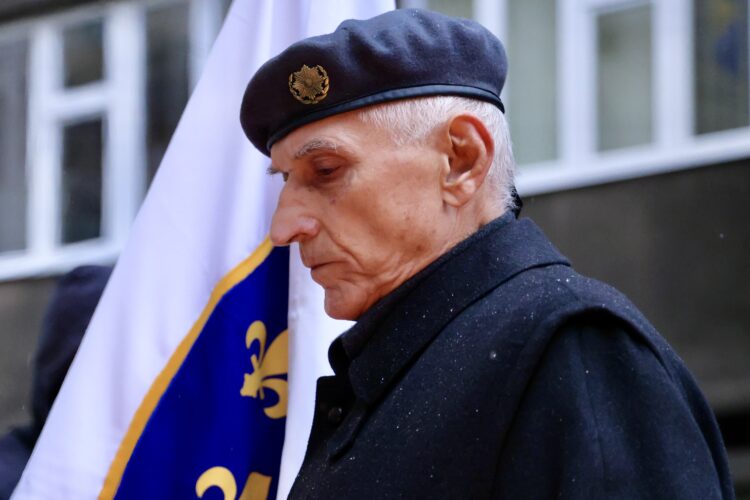
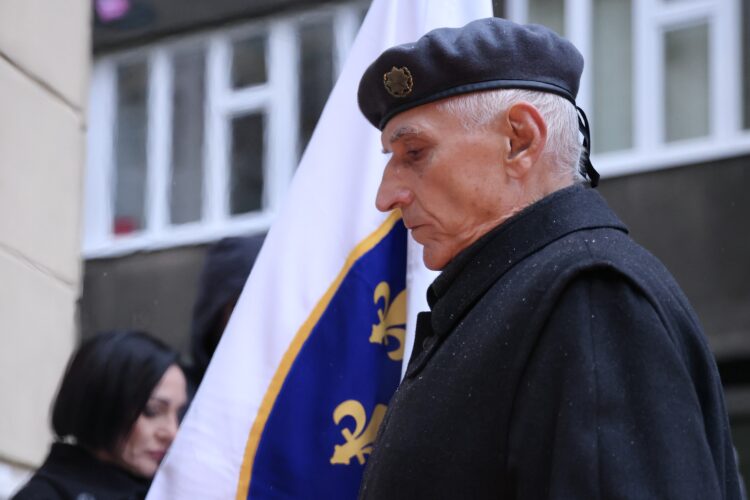
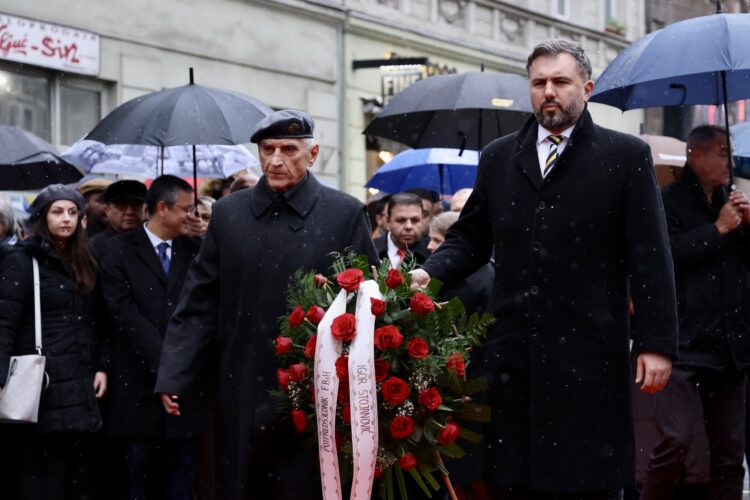
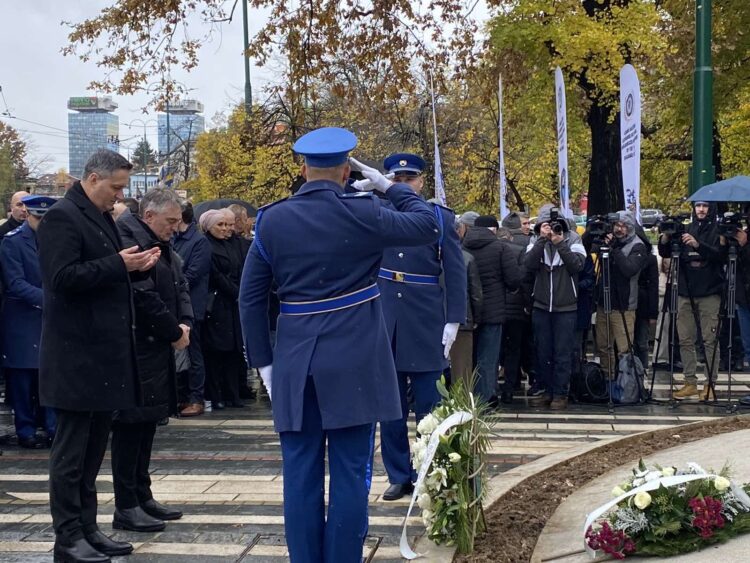
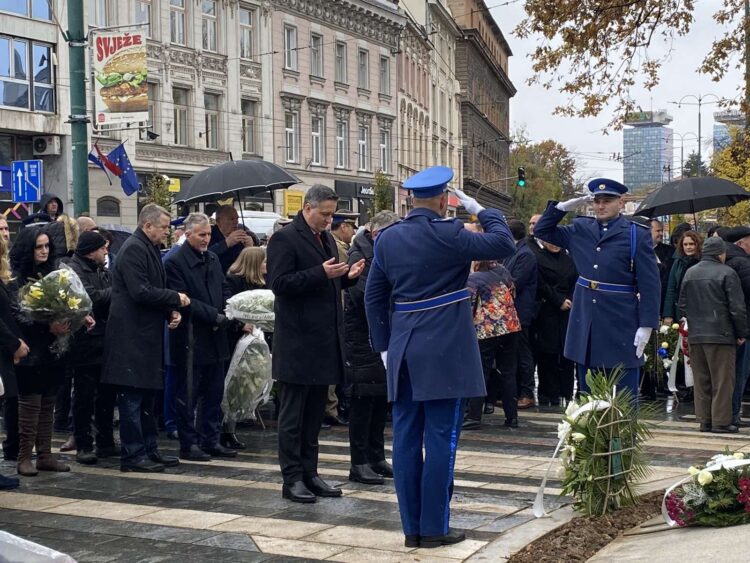
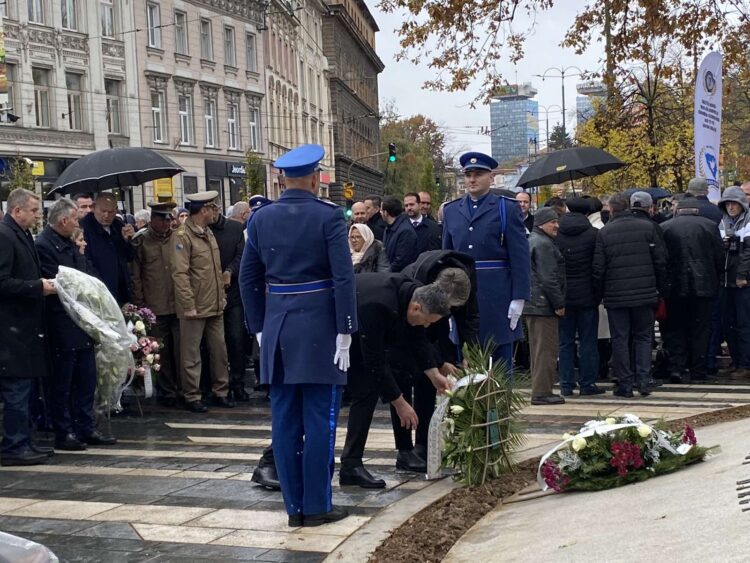
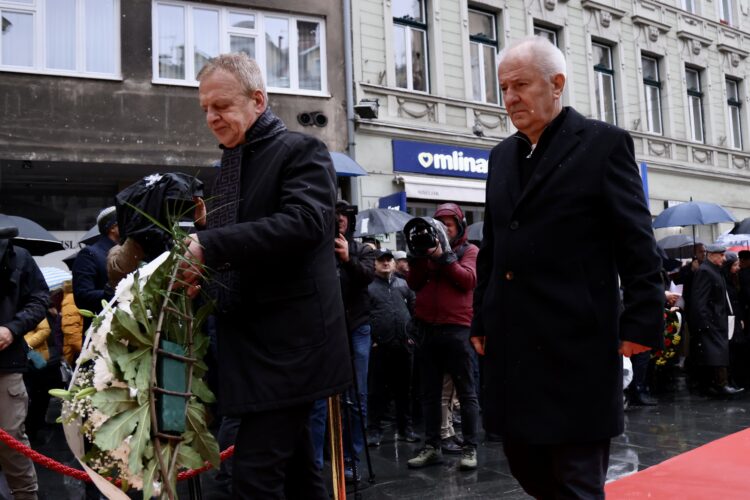
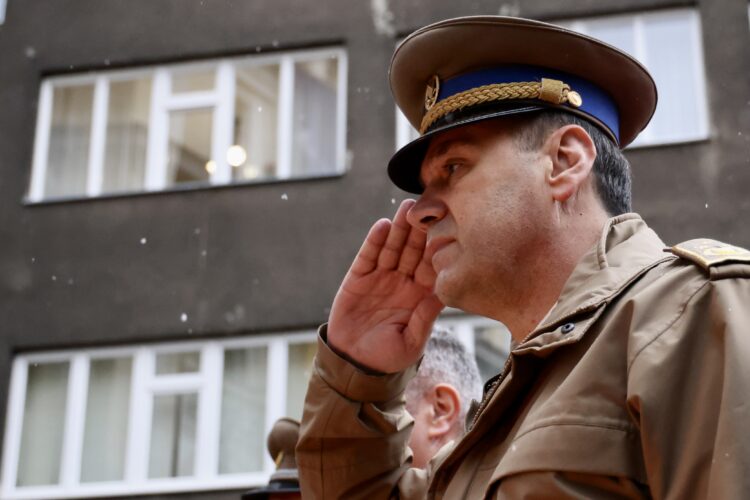
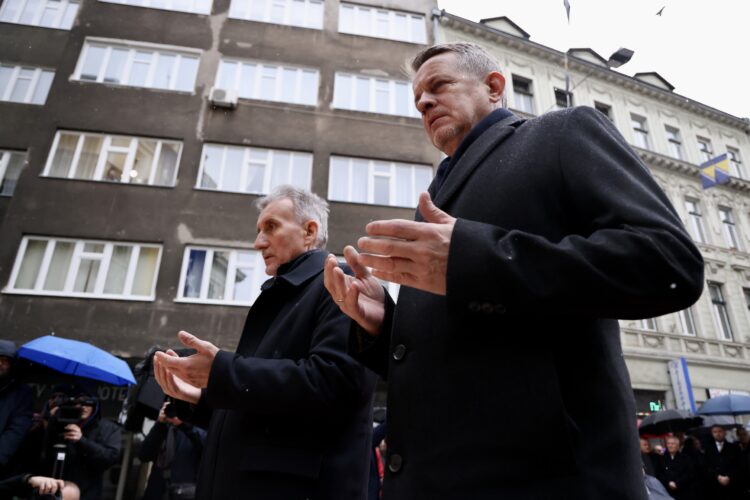
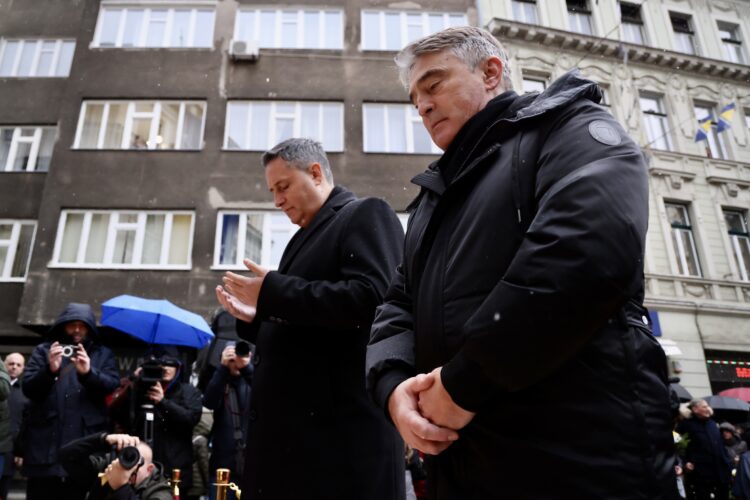
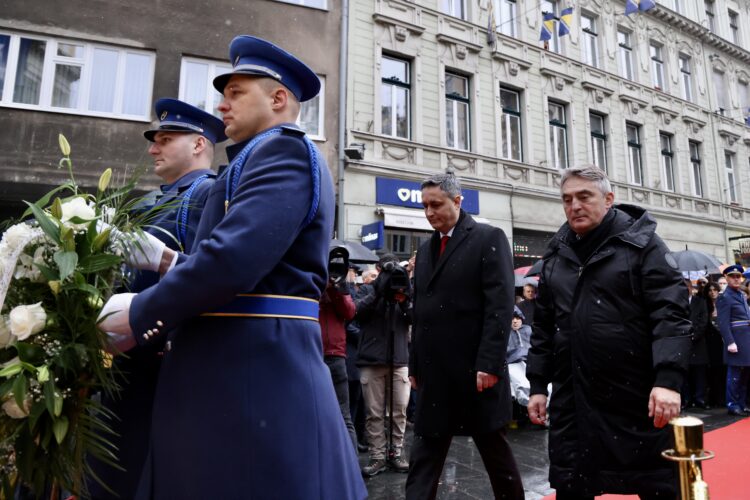
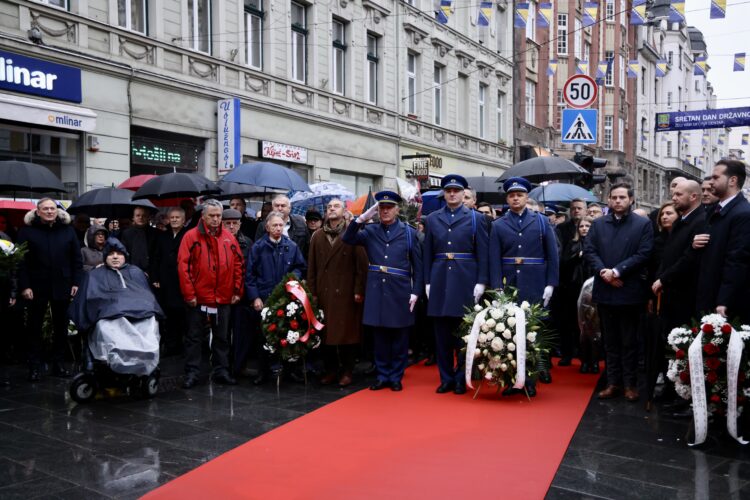
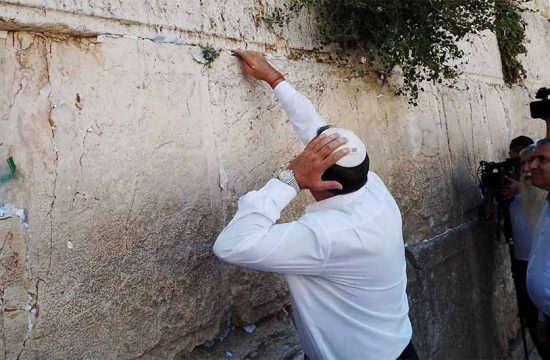
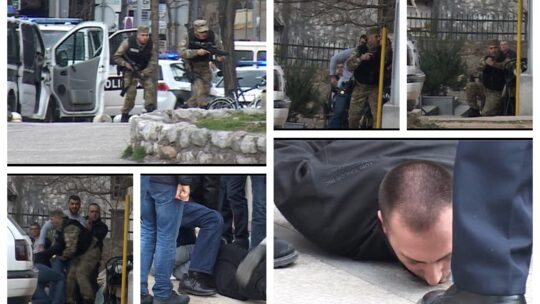
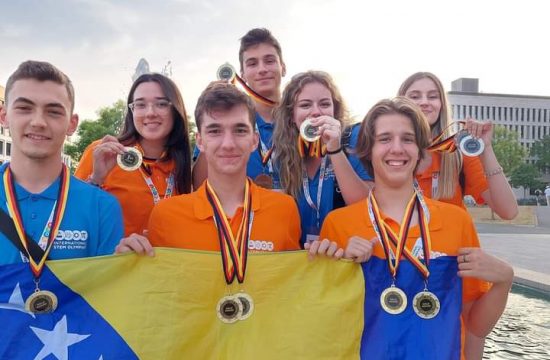
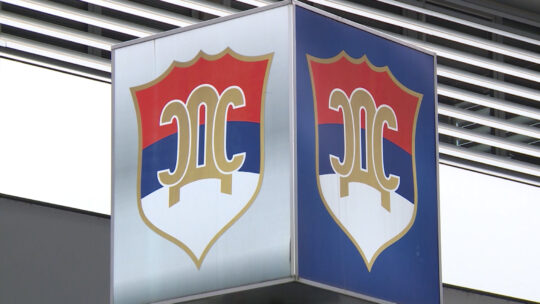
Kakvo je tvoje mišljenje o ovome?
Budi prvi koji će ostaviti komentar!